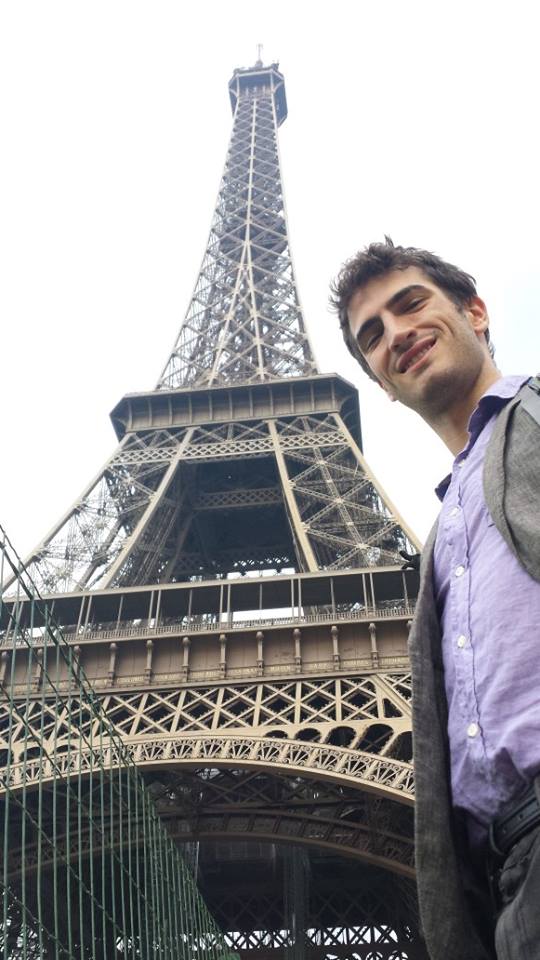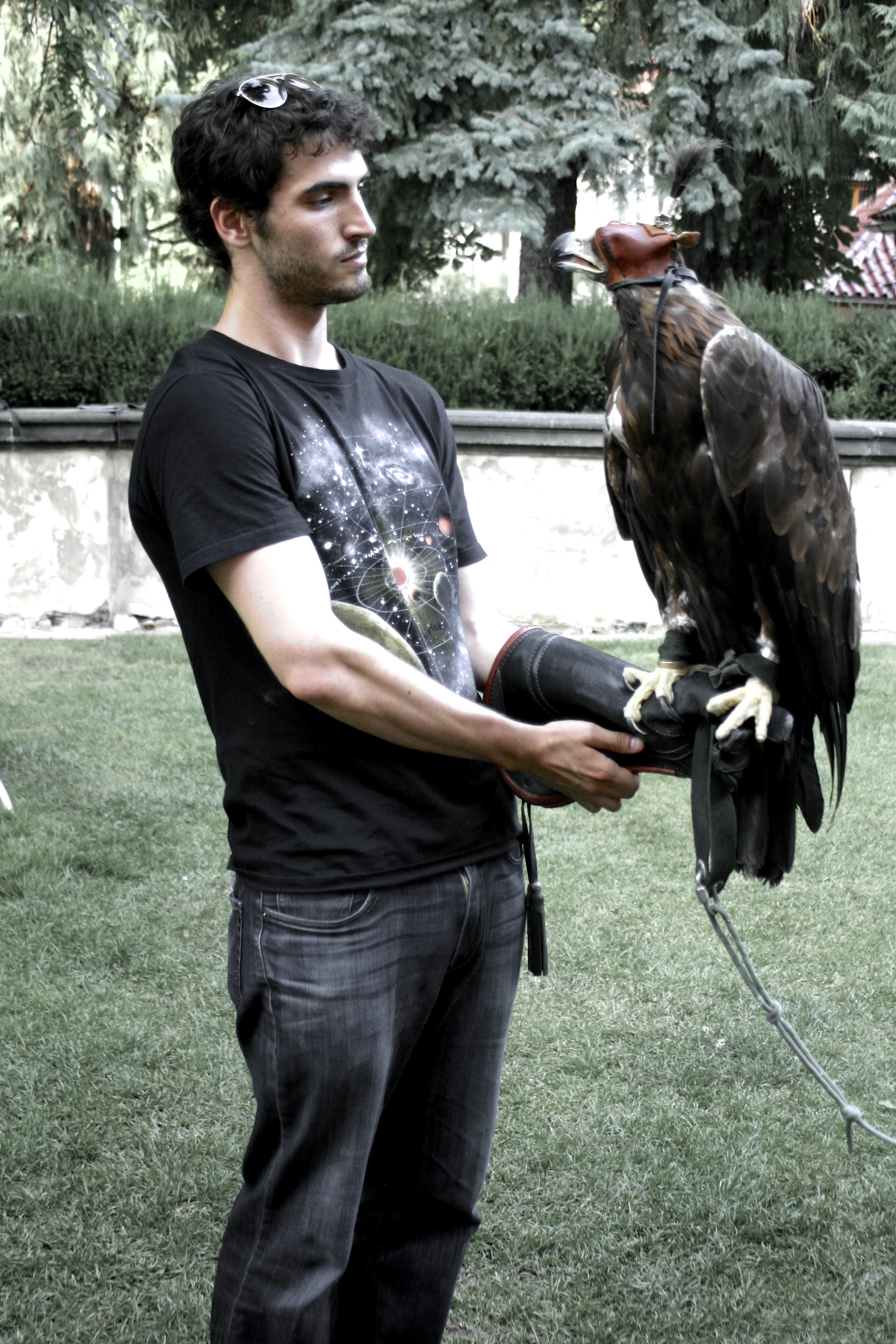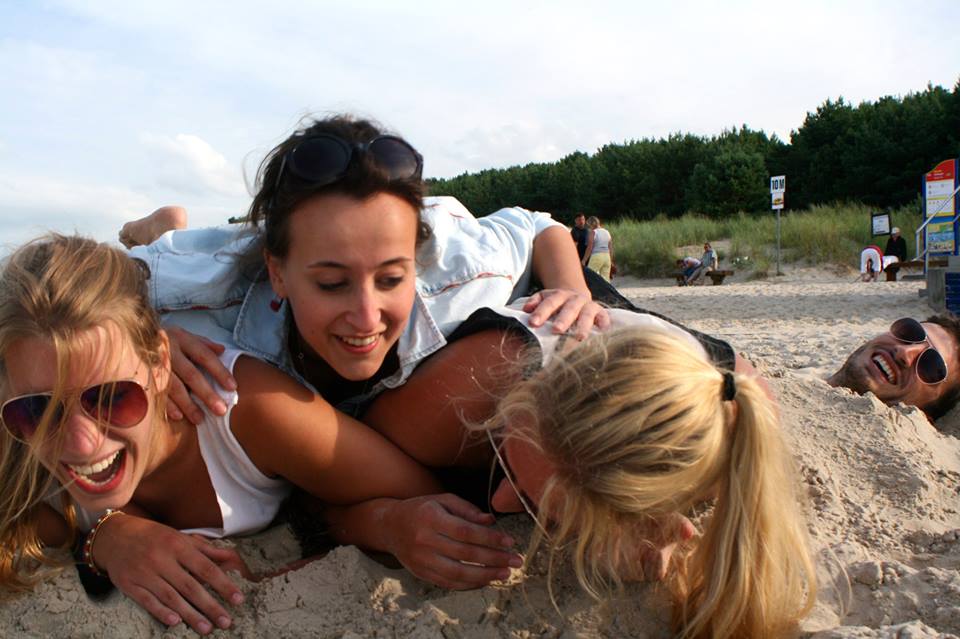Placement Information
Year you started your placement
2013
Placement period
May – August, September – December
Supervisor’s name
Sergey Levchenko
Project Details
Overview
I have been working with the Fritz Haber Institute of the Max Planck Society in Berlin Germany. The FHI is involved with research of the main characteristics of atoms, molecules and electrons and their behavior in chemical reactions. I have been working with the theory department and in particular the group studying catalysts. A majority of the work done by the theory department uses a program called FHI-aims (ab initio molecular simulator) and a powerful method of numerical approximation called Density Functional Theory.
My particular project has been to develop a Genetic Algorithm capable of performing a search for the global and local energy (or other property) minima of molecular structures. The official project description is: “Development and implementation of theoretical methods for efficient exploration of configurational/compositional space of materials at realistic temperatures and pressures; application of the methods to small oxide clusters in reactive atmospheres.”
Project objectives
My project is not the first installation of this concept. Programs with the same functionality have been developed by researches at the FHI before me. The problem with these implementations however is the difficulty with which they are extended, read and modified. In line with the general trend of physicist-built software, it seems the main goal of the previous generations was to work now and not necessarily to be improved upon later.
The reason this project was implemented yet again was to allow for future researchers to pick up the project where another left off and to do so with ease. Some main points that are to be implemented are a) modularity for easily interchangeable algorithms for different tasks, b) documentation to quickly teach others how to use the program, and c) functionality to improve upon the previous installations’ range of use.
Research outcomes
The project has yet to be completed, but progress so far is very good. The core structure of the program is written using Python and is heavily object oriented. Data is stored using an SQLite database. Many of the requirements have been met, yet there are still major points to implement before a thorough documentation is compiled.
Project status
Completed
Screenshot
Presentation
Final Report
My Co-op Experience at MPI
Why did you apply for a placement with Max Planck Institute?
After two work terms on the UBC campus, I decided that it was time for a major change of scenery. I applied to the RISE program (unsuccessfully) and applied to a position in Würzburg Germany. When asked if I would like to work in Berlin for 8 months, I couldn’t imagine a city in which I would rather live. On top of that the Max Planck Society is a prestigious organization with a long history and strong contribution to science in Europe. I also wanted to expand my options for graduate study locations and had been considering Germany for some time.
What recommendations do you have for students who wish to participate in MPI-UBC exchange program?
When applying, be confident in your abilities. It’s hard to remember when you are surrounded by brilliant people every day of the week, but there are skills that you have that are very valuable to those wishing to hire you. Be proud of your accomplishments and let your personality show. It will reflect positively in your resume, cover letter, and interview.
Once you’re there, my biggest recommendation is to not miss out on the experience of living in a new city. The work is important and it is nice to do well, but there is so much more learning to be done by simply walking the streets and moving far outside one’s comfortable routine. Go out, learn German, eat food you’ve never heard of, go to a club on the river until 8:00 in the morning. The experience is about more than the work.
Tell us about your travels and cultural experiences in Germany and the rest of the Europe
I came to Germany knowing no German. I had never set foot in Europe. I had no plan and no place to live. Yet somehow I’ve only had one positive experience after another. The working language was English, so communication at work was not a problem. After making some friends and finding an apartment, I began to explore as much as I could. Berlin is an amazing place with an amazing history. The museums, the monuments, and the art are some of the best in the world. I spent a lot of time with friends at a large section of the Berlin wall, drinking beer and learning the language. Berlin night life is legendary with good reason and usually doesn’t even begin until well after midnight.
I was lucky enough to be able to travel to some other great cities including Amsterdam, Prague, Budapest and Paris. At one point I even met up with 10 different UBC students from 5 different groups in a cellar bar in Prague. The most interesting part about Europe has been the ancientness of the buildings. Anything on the west coast is hardly over 100 years old. Sitting in an 800 year old castle and then walking to a 400 year old bar is quite sublime.
Student’s website or blog: http://robinnewhouse.tumblr.com/



